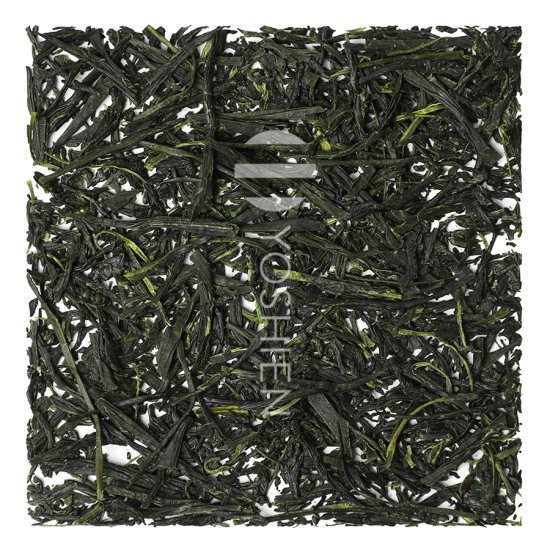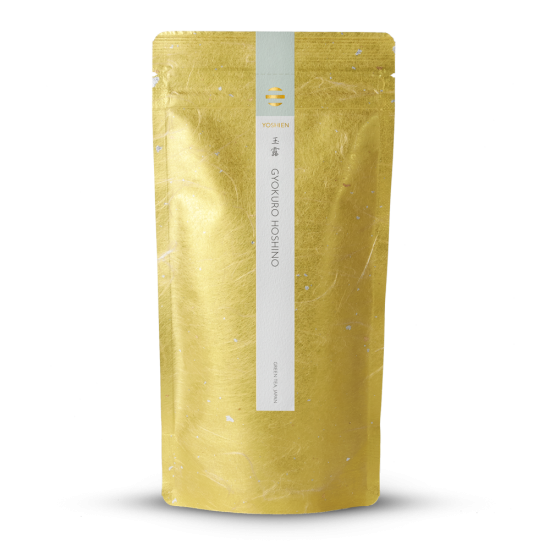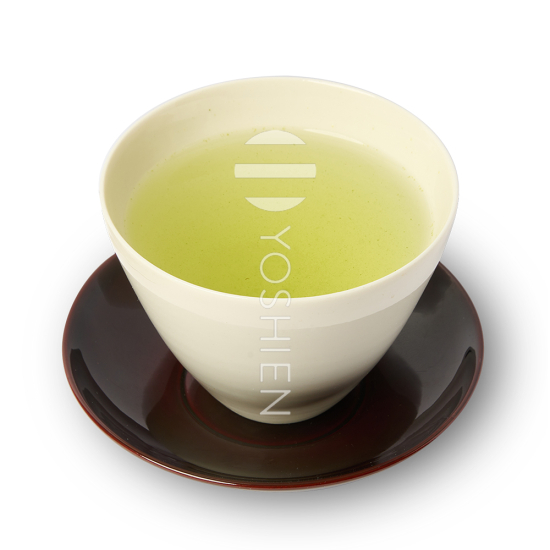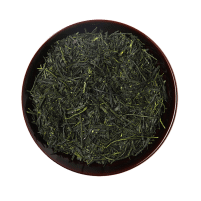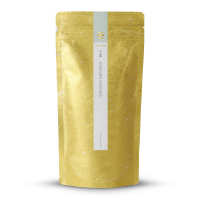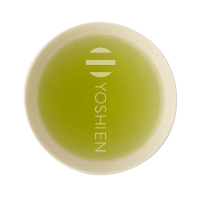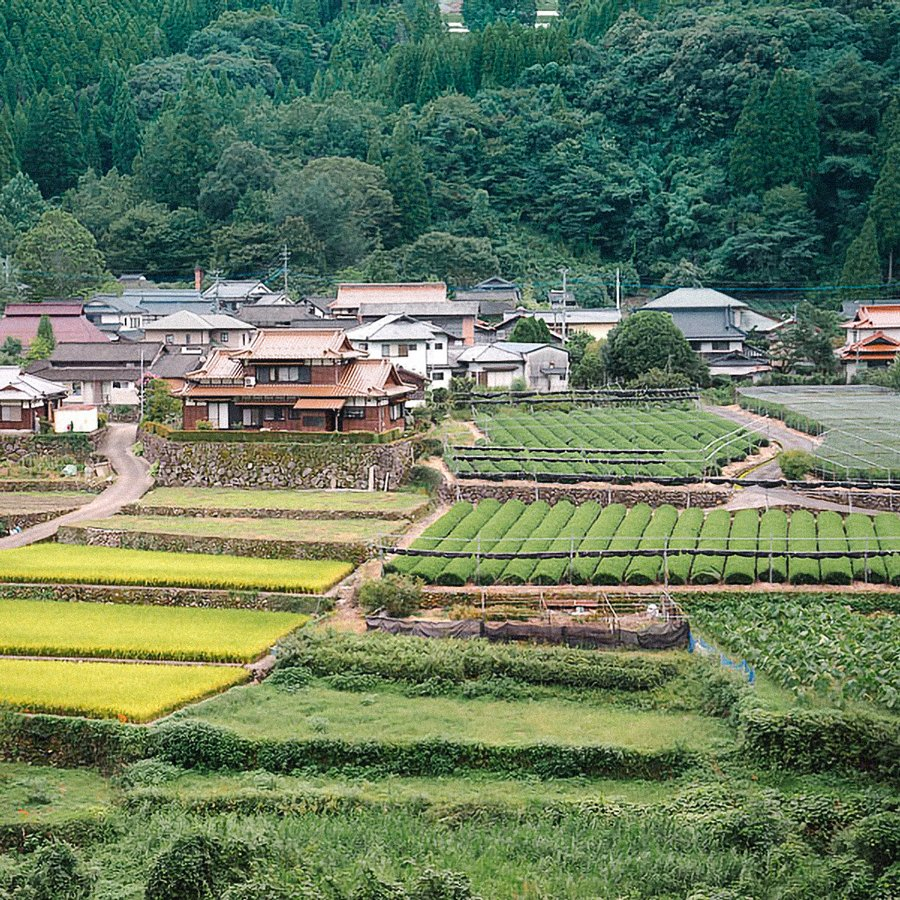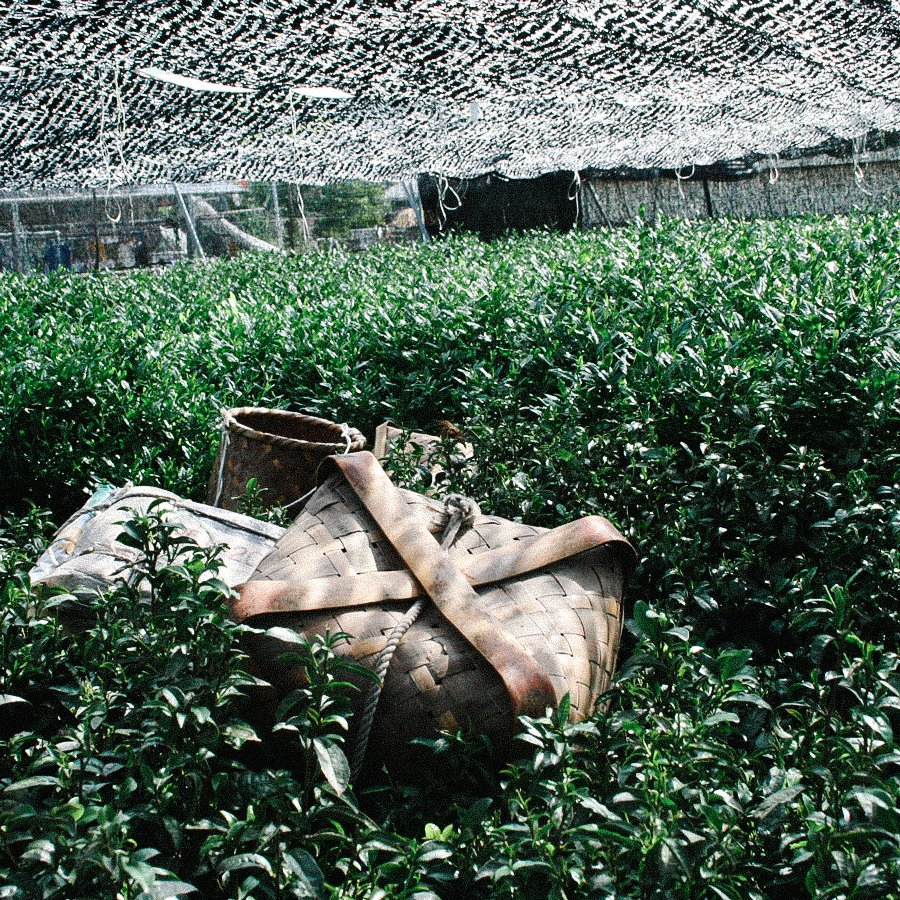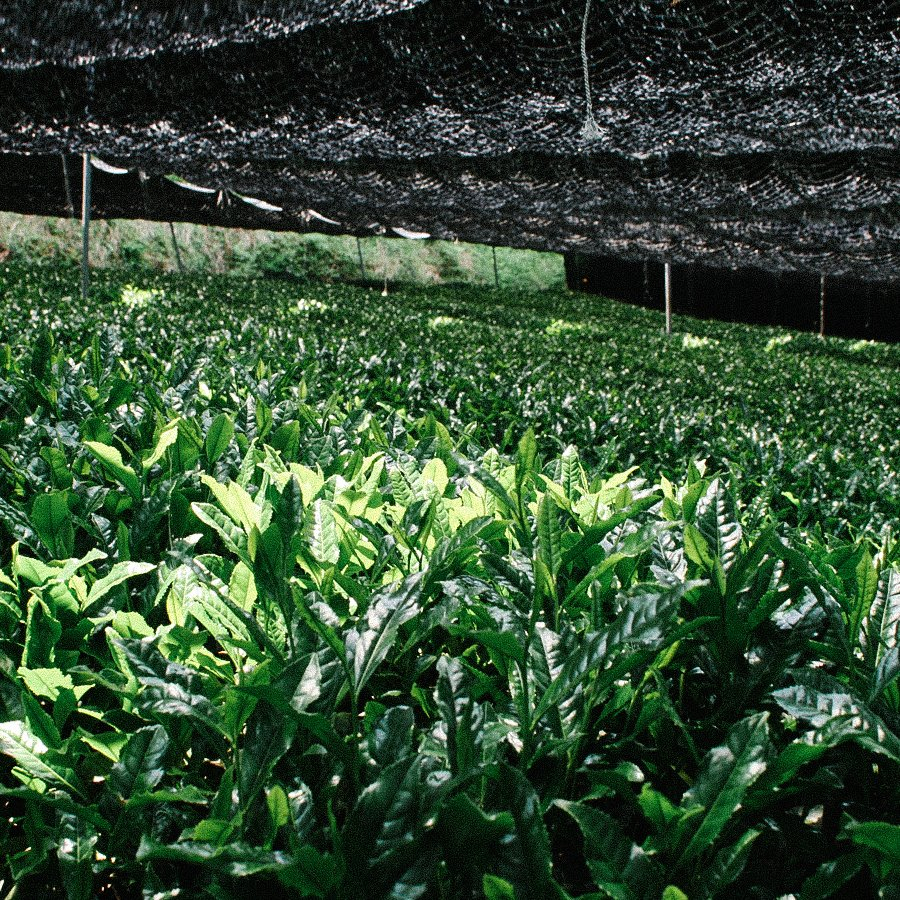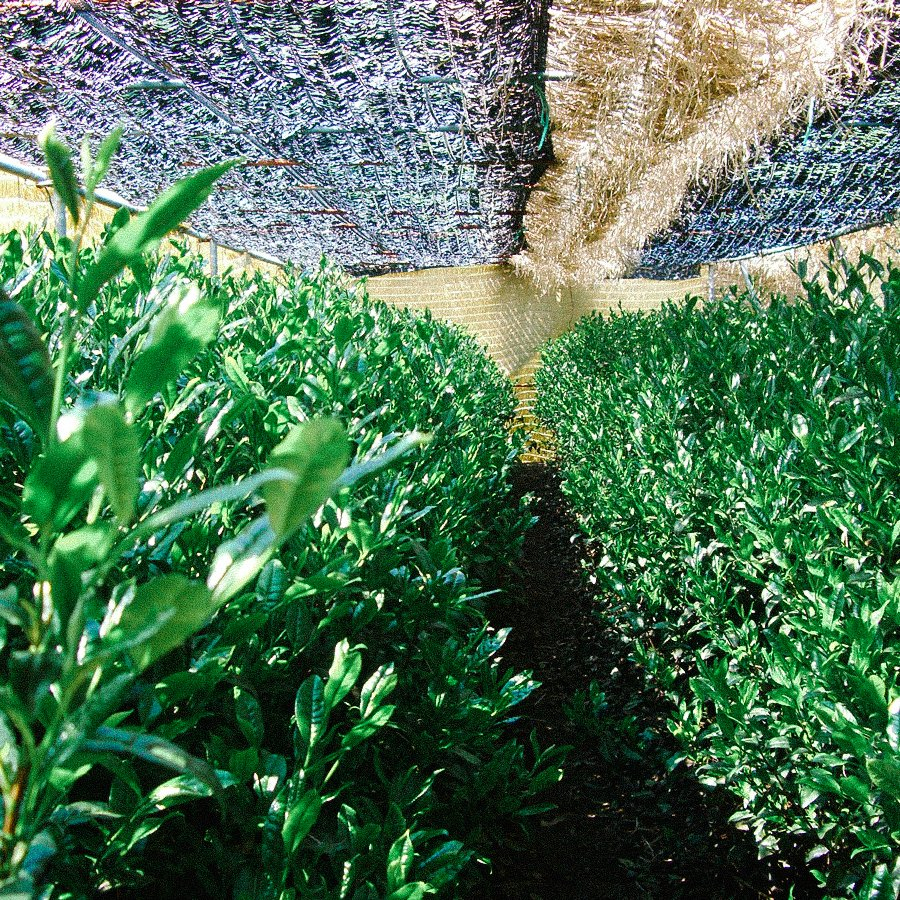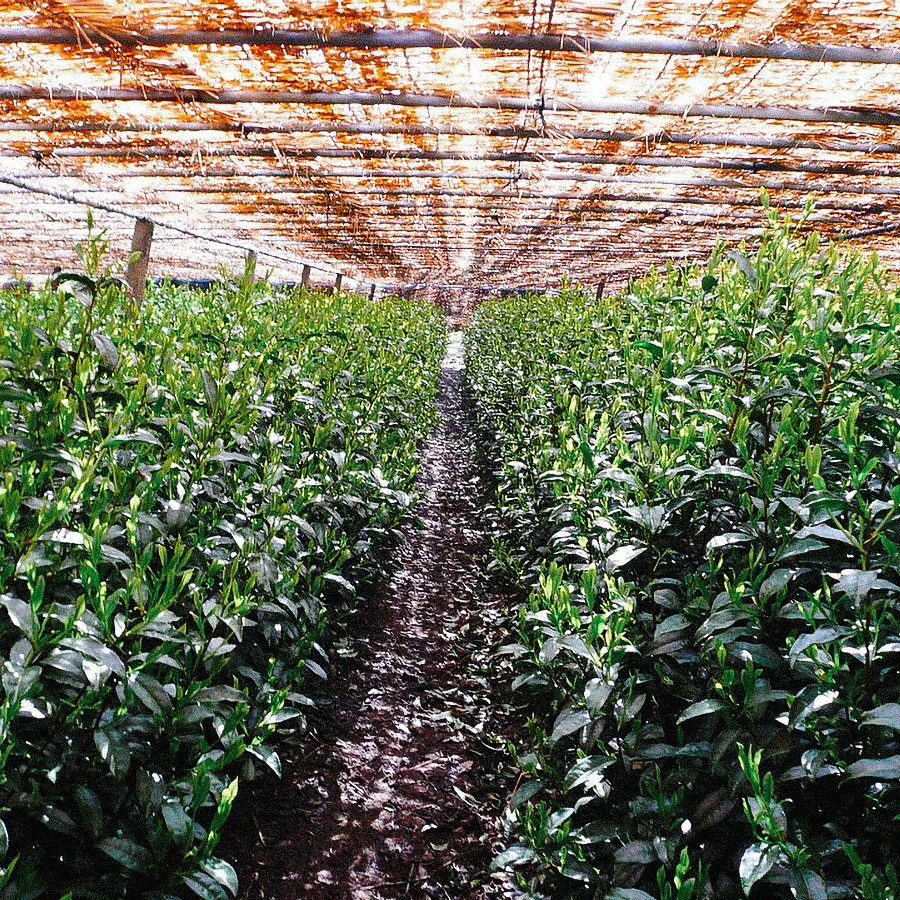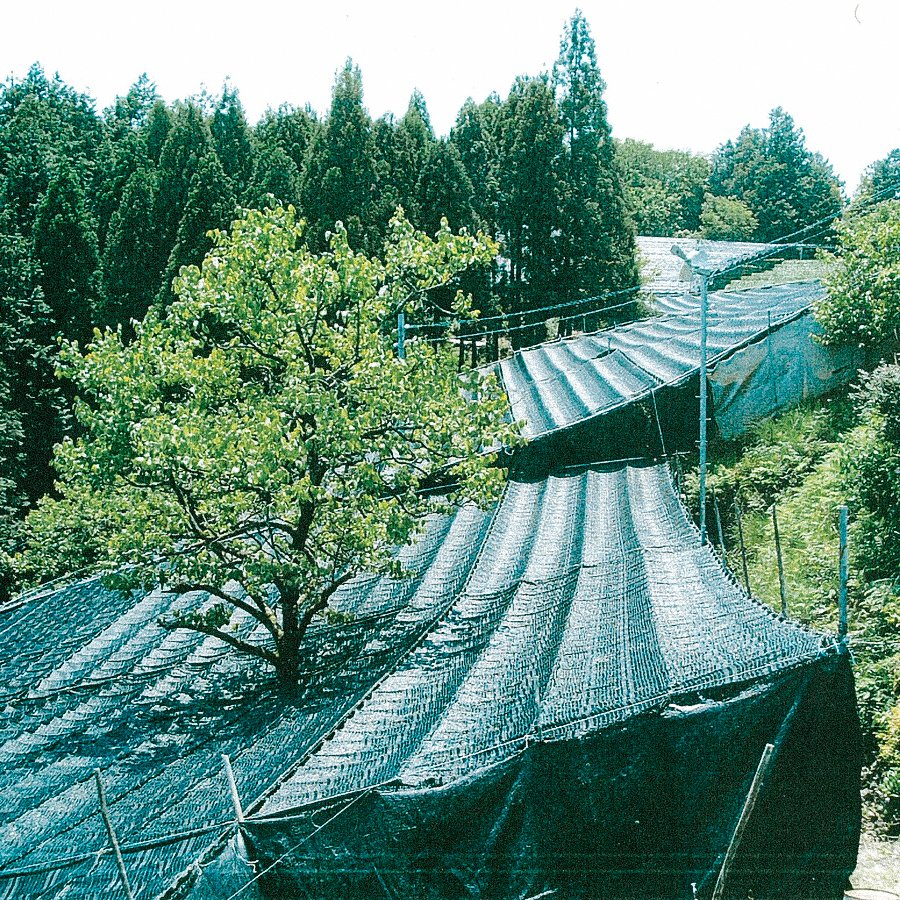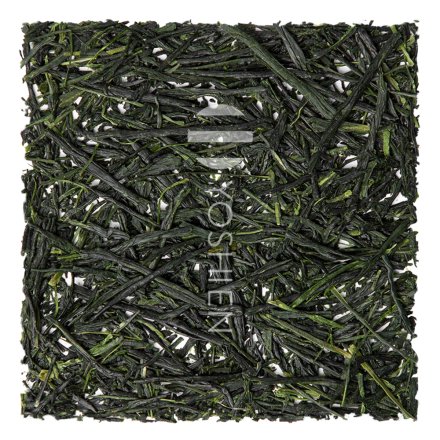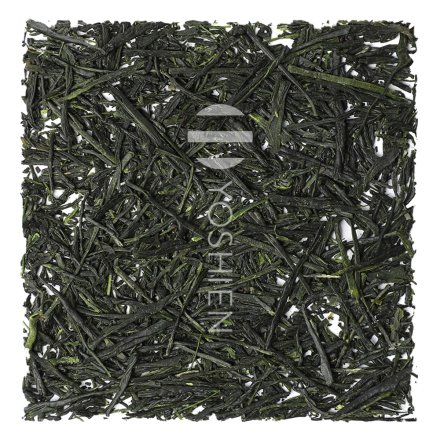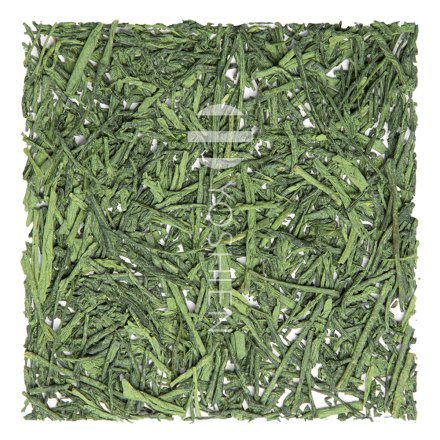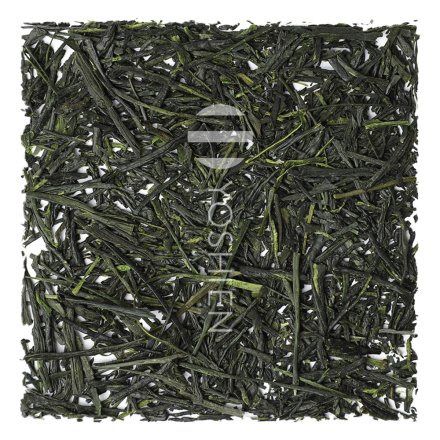In 2014 the idyllic village of Hoshino (星野村) was named the most beautiful village in all of Japan. Hoshino is located within Yame District, which is considered to have some of the best terroirs for cultivating gyokuro and matcha on account of its mineral-rich soil and bracing climate. While so-called Yamecha (八女茶; tea from Yame) is routinely recognised at competitions for producing some of the best gyokuro and matcha in Japan, Hoshino specifically is renowned for its exquisite gyokuro teas.
For the highest quality gyokuro and matcha, the tea plants are cultivated directly alongside the Hoshino River because this microclimate provides dense fog in the mornings and evenings that not only helps to shade the leaves, but also contributes to the significant temperature fluctuation between day and night that is required for cultivating high-quality green tea. The soil is furthermore replete with small stones that allow for excellent drainage and the healthy growth of the plants. The soil's high mineral content lends the tea its full-bodied creaminess and gives rise to a pleasant sweetness that finds its full expression in southern cultivars such as saemidori and okuhikari.
The narrow valley features steep slopes to either side, some reaching heights of 1,000m. The tea farms are located on old rice terraces that characterised the landscape from the Nara period until about 800CE. Tea cultivation was introduced to the region roughly 600 years ago.
Single Origin
This tea is sourced exclusively from the above-mentioned tea plantation in Yame and is purchased directly from the farmer.
Organic Certification







